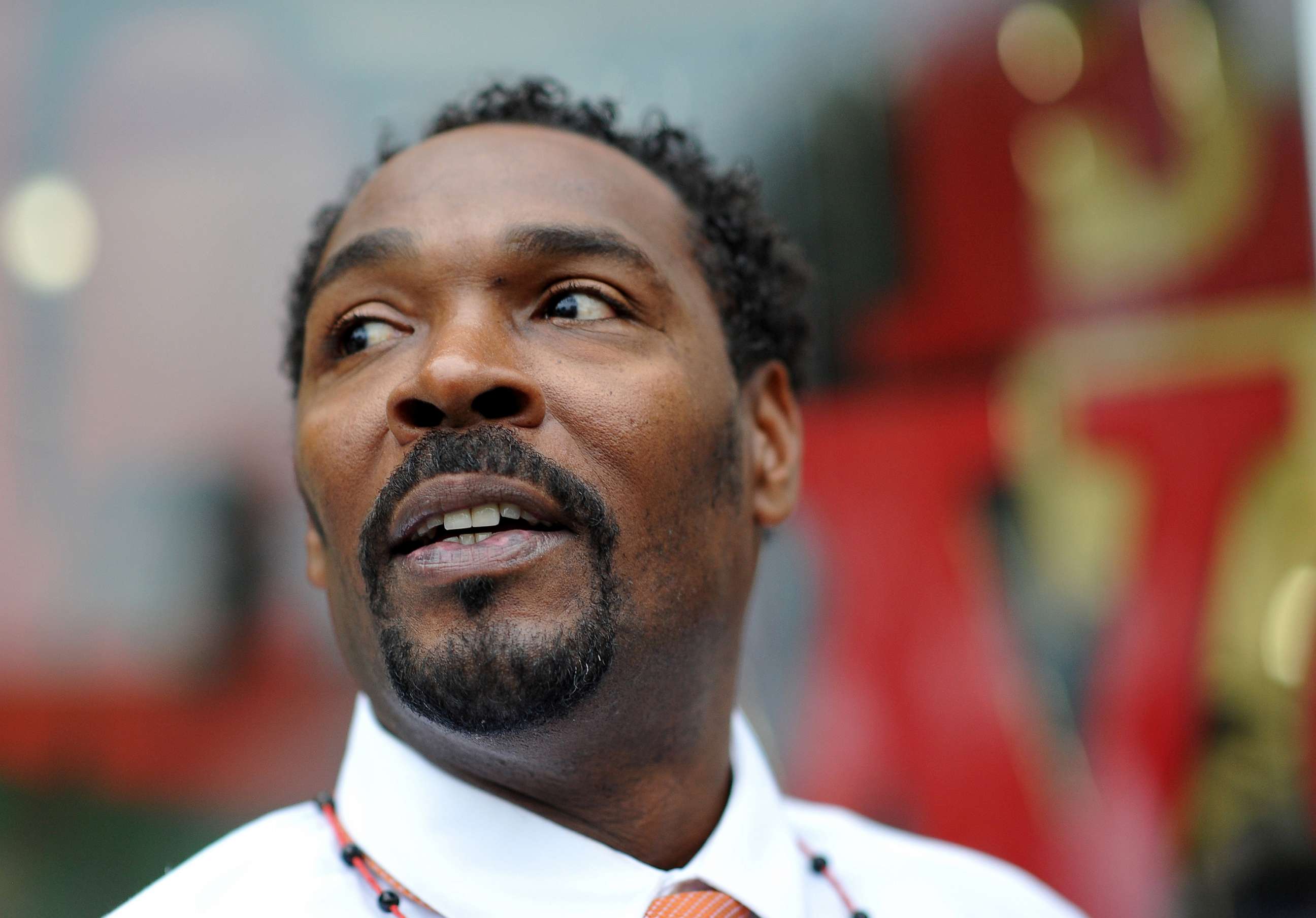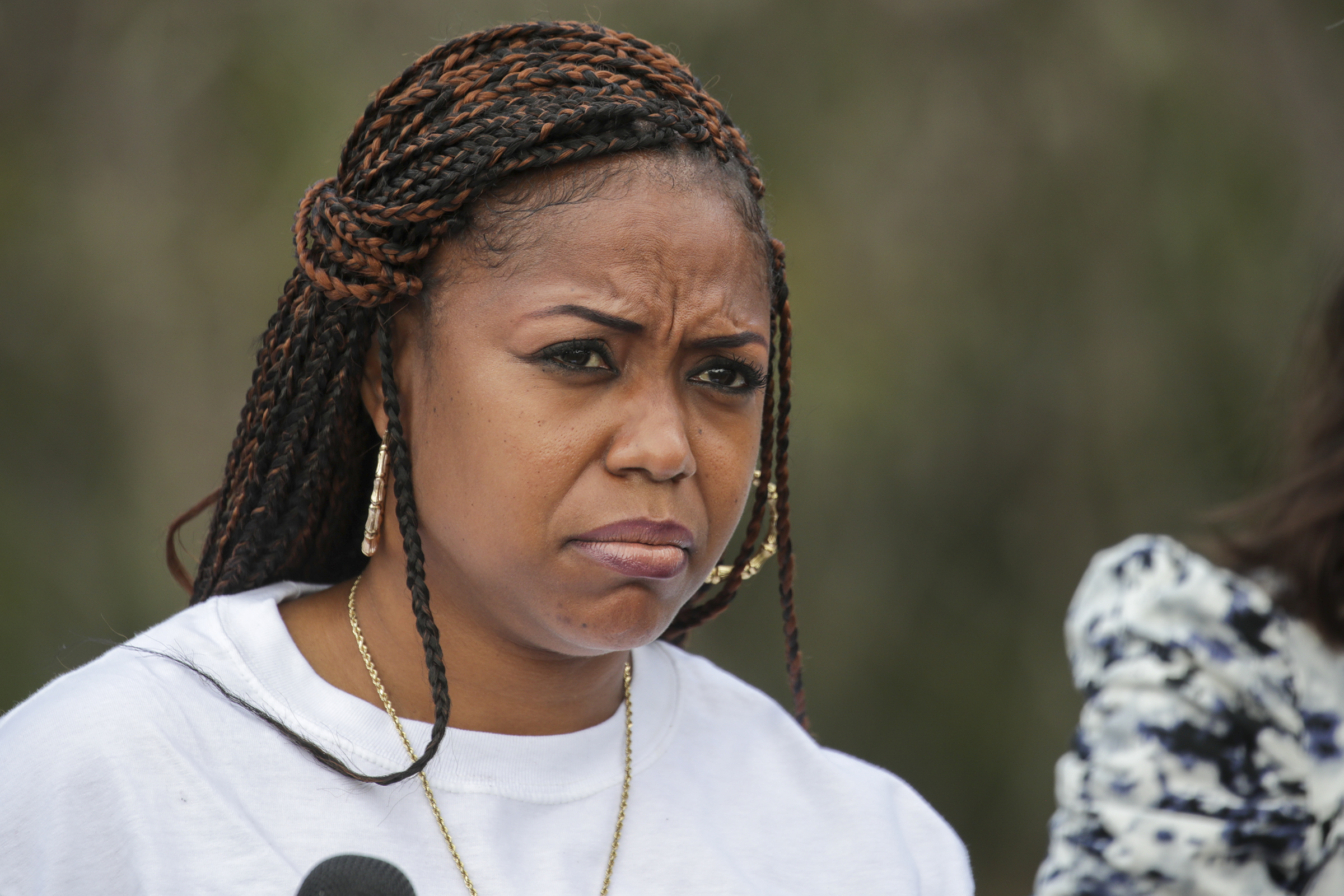Rodney King's daughter can answer your questions in virtual interactive Q&A
The virtual AI-powered chat is run by the University of Southern California.
The beating of Tyre Nichols by police captured on body-camera footage was a painful reminder for Lora King, the daughter of Rodney King, who was beaten by police in 1991 following a traffic stop in Los Angeles.
Her father’s on-camera beating, and the subsequent acquittal of the officers involved in the incident, sparked protests and unrest. The beating and death of Nichols also sparked calls to end police brutality.
“He wasn't the first Rodney King. George Floyd wasn't the first George Floyd. Tyre Nichols wasn't the first Tyre,” King said in an interview with ABC News.
More than 30 years after his beating, as police brutality incidents continue to make headlines, King hopes to preserve the memory of her father and his story.
In a new virtual Q&A experience from the University of Southern California's Charlotta Bass Journalism and Justice Lab, anyone can ask King questions about the incident, her father, and more.

For example, when asked, “What kind of a father was Rodney King?” the virtual representation of Lora King answers: “My dad was extremely goofy. He was very spontaneous. He loved to ski. He loved to play baseball. He loved to surf. Things like that. He was very spontaneous, literally, like, on the spot, like, ‘come on, let’s go skiing.’ It’s 10 at night. We’re waking up in the morning. ‘What? Huh?’ And he was very good at everything he wanted to do, by the way. And if he wasn’t, he got good at it.”
The AI-powered chat also gives King a chance to share first-person accounts of what she saw her father go through and the aftermath of the incident, including graphic descriptions of the police assault he suffered and the toll it took on him and his family.
“I think having uncomfortable conversations, it's very necessary to push us to the next step,” King told ABC News.
King’s testimony marks the start of an archival effort from USC in preserving Black voices in an effort to write a “new draft” of history and give an intimate look into lives of Black figures.
“We often say that [journalists are] the first draft of history. And I thought, ‘What if our first draft is not great, though, then what if we owe a family a second draft?’” USC Professor Allissa Richardson, who runs the project, said in an interview with ABC News.
The process took several hours, and King was asked roughly 750 questions to cover many different topic areas and potential questions.
The project was initially born out of the racial reckoning of 2020, according to Richardson.
After reflecting on the murder of George Floyd and the deaths of prominent Black figures like John Lewis and Chadwick Boseman, she thought: “There has to be a way that people can still converse with some of these social justice icons.”
She hopes to create an oral history catalog at USC in Los Angeles, highlighting the Black stories that she said are so often left out of the mainstream, or left out of history books.

“We found that it's very easy to just watch a documentary and come away with whatever ideas that you may form while watching it. But something different happens when you're having a conversation with someone,” Richardson said.
She continued, “You're actually thinking of questions. That would humanize them and make them more accessible. And there's more of an intimate quality to having a conversation rather than sitting passively watching a video.”
Lora King wants people to know her father for who he was, and not define him by his most infamous moments.
“I feel like he didn't get enough credit as a human being, as a father, as a brother, as a son, as a friend. I think it's my job … to demonstrate that, first of all, he was a human being,” King said.
She urges people to use this Q&A as a launching pad for conversations about race, police brutality and how to solve these issues together.
“I encourage you to get with people that don't look like you, I encourage you to get with people that look like you and brainstorm,” King said.



